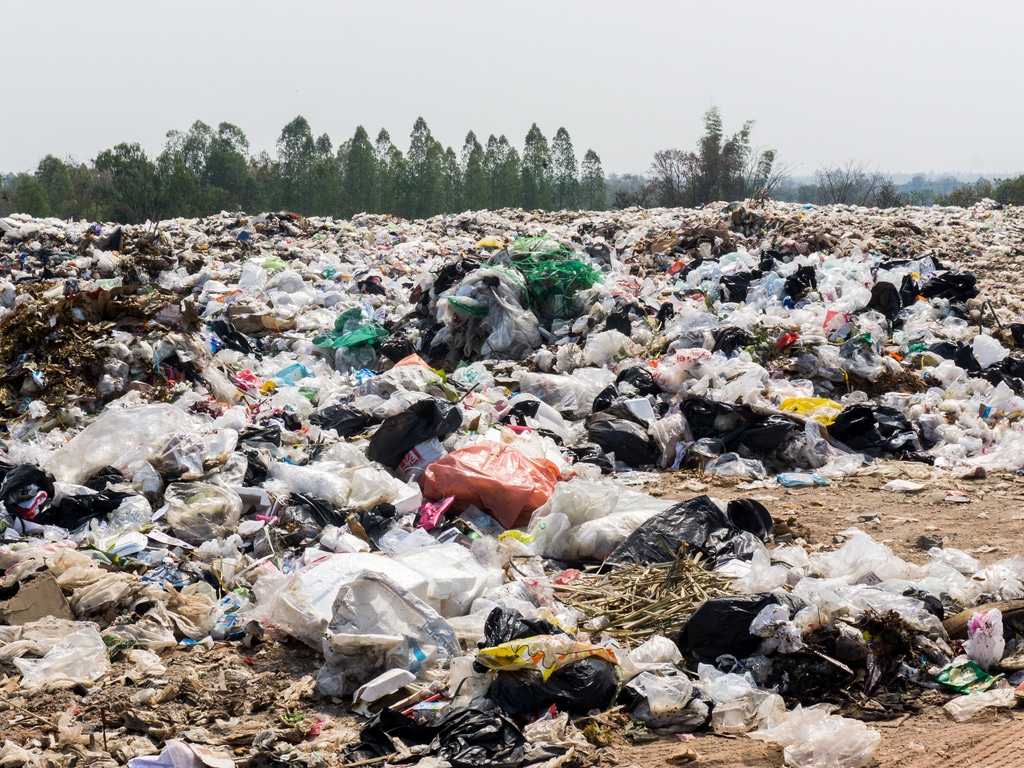Kenya now has a Sustainable Waste Management Act. Enacted by President Uhuru Kenyatta, the 2021 legislation provides for the establishment of a Waste Management Board, mandatory extended producer responsibility programmes, recovery of household waste and the closure of illegal landfills in all 47 counties of the East African country.
These provisions were inspired by the input of several environmental organisations such as the Kenyan branch of the World Wide Fund for Nature (WWF), whose work led to the inclusion of circular economy principles in the new law. “The law puts in place measures across the waste value chain, including an extended producer responsibility (EPR) mechanism that will facilitate the ambition to eliminate plastic in nature. This will be achieved mainly through the mobilisation of all,” says Jackson Kiplagat, Head of Conservation Programmes at WWF-Kenya.
Plastic first
In March 2022, Kenya launched a plastics pact called the Kenya Plastics Pact (KPP). The initiative aims to find funding to support innovation, collection, reuse and recycling of plastic waste in Kenya. It brings together several actors in the waste value chain such as the Kenya PET Recycling Company (PETCO), the Nairobi Waste Collectors Association and the Kenya Organisation for Extended Producer Responsibility (KEPRO).
Read also-
But before that, an anti-plastic policy has banned the manufacture, import and sale of single-use bags since 2017. Violators of this measure are liable to imprisonment for up to 4 years or fines of up to more than €35,000. The new law, which will come into force in 2022, is expected to strengthen the waste management system in the country, which generates 480 tonnes of plastic per day, according to the National Environment Management Authority (NEMA).
Benoit-Ivan Wansi
